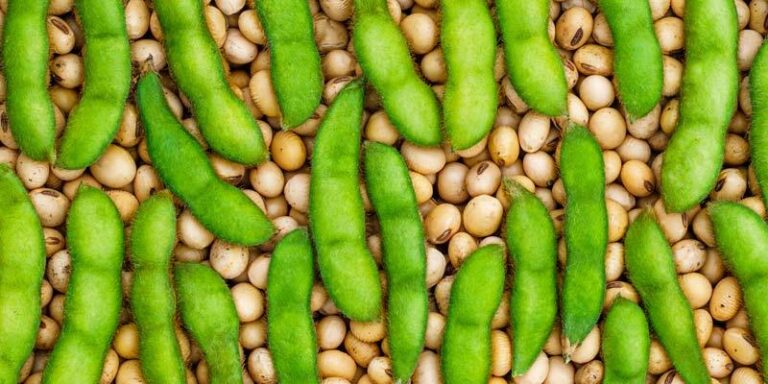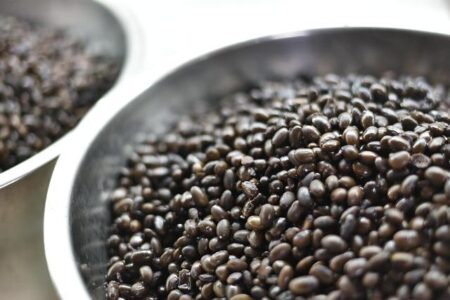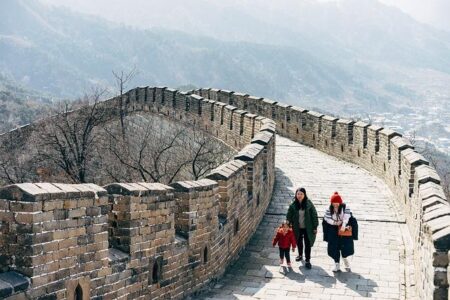The insatiable global appetite for soybeans is accelerating the destruction of Brazil’s Amazon rainforest, raising urgent environmental and ethical concerns. As demand for soya-used extensively in animal feed and food products-soars worldwide, vast swathes of the Amazon are being cleared to make way for sprawling plantations. This expansion is driving deforestation at an alarming rate, threatening biodiversity, indigenous communities, and the fight against climate change. In this article, we examine how international consumption is directly linked to the devastation of one of the planet’s most vital ecosystems, and what this means for the future of the Amazon and global sustainability efforts.
Rising Global Demand for Soya Drives Deforestation in the Amazon
The surge in global soya consumption, driven largely by demand for animal feed and biofuels, is exerting unprecedented pressure on the fragile ecosystems of the Amazon rainforest. Vast tracts of forestland are being cleared at an alarming rate to make way for soya plantations, threatening biodiversity and disrupting indigenous communities. Analysts warn that without immediate policy interventions, the sprawling agricultural expansion could accelerate climate change impacts by releasing significant amounts of stored carbon dioxide.
Key factors contributing to the deforestation crisis include:
- Rising meat consumption worldwide, particularly in China and Europe.
- Increasing reliance on soya as a cost-effective protein source in livestock feed.
- Weak enforcement of environmental regulations and land-use policies in Brazil.
- Global commodity markets prioritizing short-term profits over sustainable sourcing.
| Year | Soya Export Volume (million tons) | Deforestation Rate (hectares) |
|---|---|---|
| 2018 | 82 | 7,900 |
| 2019 | 85 | 10,100 |
| 2020 | 88 | 11,600 |
| 2021 | 90 | 13,500 |
Impact on Indigenous Communities and Biodiversity Loss in Brazil
The rapid expansion of soya plantations in Brazil’s Amazon basin is not just a story of deforestation; it is a deeply human crisis impacting Indigenous communities whose lives and cultures are entwined with the forest. These communities face displacement, threats to their ancestral lands, and violation of their rights as agribusiness encroaches upon their territories. The loss goes beyond physical space-cultural practices, traditional knowledge about the ecosystem, and community cohesion are all under threat, risking irreversible damage to an invaluable heritage that spans millennia.
This environmental upheaval extends to the loss of biodiversity, as large tracts of pristine rainforest are converted into monoculture fields dominated by soya. Key species that depend on the jungle’s complex web face dwindling habitats. Below is a snapshot of some of the critical impacts on wildlife and ecosystems:
| Category | Impact |
|---|---|
| Wildlife | Habitat fragmentation leading to species decline such as jaguars and harpy eagles |
| Flora | Disappearance of native plant species as monocultures dominate |
| Soil | Degradation and increased erosion due to clearing and chemical use |
- Indigenous protests and legal battles have intensified as communities strive to protect their homes and livelihoods.
- Government It looks like your content was cut off at “Government”. Would you like help completing the paragraph or expanding on the topic? For example, I could help you continue the sentence about government response, or assist with further analysis, suggestions, or formatting for your article. Let me know how you’d like to proceed!
Calls for Sustainable Soya Production and Stronger Environmental Policies
Environmental advocates and indigenous groups are intensifying demands for enhanced governance to curb the relentless expansion of soya farming in the Amazon. Experts warn that without robust policy enforcement and sustainable agricultural practices, the region’s unique biodiversity and vital carbon sinks face irreversible damage. These calls emphasize the necessity of adopting zero-deforestation commitments, improving land-use monitoring, and supporting smallholder farmers in transitioning to eco-friendly methods.
Key measures proposed include:
- Implementation of stricter legal frameworks to prevent illegal land clearance.
- Increased transparency in soya supply chains through satellite surveillance and blockchain technology.
- Promotion of agroforestry systems that integrate tree cover with crop production.
- Incentives for producers complying with sustainable certification standards.
Policy Initiative Expected Impact Implementation Timeline Enhanced Land Monitoring Reduction in illegal deforestation by 40% 2024-2026 Zero-Deforestation Soya Agreements Supply chain transparency for 70% of exports 2025-2028 Agroforestry Adoption Programs Improved soil health and biodiversity 2024-2030 To Wrap It Up
As global demand for soya continues to surge, the pressure on the Amazon rainforest-and the communities and ecosystems it supports-shows no sign of easing. Brazil’s role as a leading soya producer places it at the center of a complex debate balancing economic growth, environmental protection, and indigenous rights. The unfolding consequences serve as a stark reminder that what ends up on supermarket shelves worldwide often comes at a steep ecological and social cost. Addressing these challenges will require concerted action from governments, corporations, and consumers alike to ensure that the world’s appetite does not consume one of its most vital natural resources.




